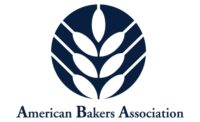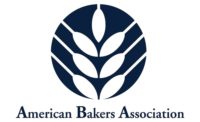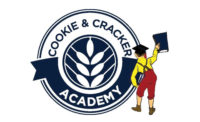Workforce development and training is usually one of area that is always on the objectives’ list for the bakery operations and personnel, but is usually the first area that is ignored and cut when times are tough. What most bakery operations forget is that the investment in training pays in multiple ways. Training and development can reduce employee turnover, improve employee morale, drive efficiency and improve the bottom line.
Most of the personnel in the bakery are trained via the “on-the-job” method. New or transferred employees are usually assigned to an experienced person for knowledge transfer. One of basic flaws is that bad information and/or bad practices are passed along.
Another area commonly overlooked is the impact investing in soft skills can have on production and the workforce. As high-performing workers transition into supervisory positions, they need leadership skills to be effective. Developing supervisors can lead to heightened loyalty, teamwork, safety, productivity and, ultimately, profitability.
Entry Level Training Program. This program, offered by the American Bakers Association (ABA), reduces in-plant training time and provides needed consistency for the information taught to personnel. It’s an excellent resource for cross-training and provides several hours of work-applicable information. The program is reinforced with testing. It teaches basic fundamentals—in English or Spanish—in four web-based lessons: Ingredients, Mixing, Forming and Baking, with six weeks to complete all four lessons.
Intermediate Training Program. ABA’s intermediate course offers expanded operations-oriented instruction that is based on a specific product type and/or the equipment used on the line. It’s designed for individuals who are beyond a beginner’s level of knowledge, but who may not yet be ready to learn about the science and theory of the manufacturing process. The information is broken into steps or conversions, including: the formula; mixing and forming processes; baking fundamentals; and cooling, delivery and packaging—again, with six weeks to complete the four lessons.
Both the Entry Level and Intermediate Training Programs include:
- Interactive exercises, videos and photos
- An index of terms
- Multiple-choice tests
- A tracking mechanism to monitor employee progress
Cookie and Cracker Manufacturing Correspondence Course. ABA’s Cookie and Cracker Manufacturing Correspondence Course is the advanced training program for the cookie and cracker industry. Students develop a solid understanding of the main principles of an effective manufacturing process—and the science and theories behind it. Students learn how the various parts of the operation interact with each other. The course firmly establishes and explains the importance of quality, consistency and continuous improvement as requirements to successfully achieving the final product. Lessons are reinforced by a series of multiple-choice tests and a variety of work projects from which to choose, some which can be executed from home. Graduates possess the technical information necessary to manage or supervise a bakery shift, department or manufacturing facility.
Front Line Leadership Training. In cooperation with Hearthside University, this baker-focused training program will equip plant-level supervisors with on-the-job leadership principles, tools and techniques to improve quality, safety and productivity throughout an organization. Topics covered include: managing difficult people and situations, successfully leading change, and tackling performance problems. The three-day course supports your organization in its quest to develop, empower, motivate and retain current and up-and-coming associates.




